In African countries, the inhabitants are increasingly used to manage their forests themselves. However, the pressure on the Ecosystem remains: companies rely on profitable tree plantations, not natural diversity.
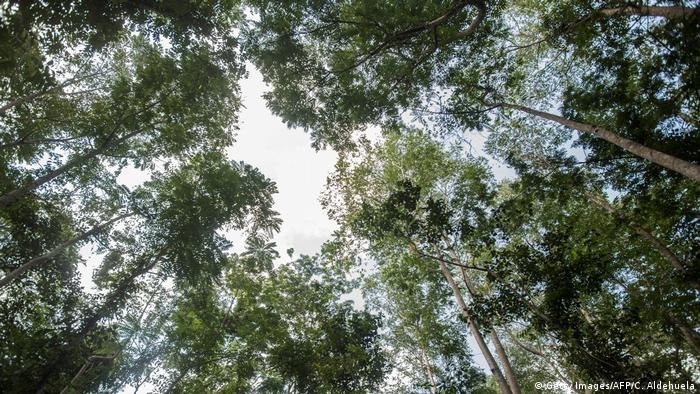
African countries say the climate change battle, a Large area of forest reforested areas. In the East, Ethiopia has set up in July, possibly a world record: There is up to 350 million trees have been planted in a day. In Central Africa, Gabon is paid as one of the first African countries from abroad, in order to protect its trees: Nearly 90 percent of the land area is covered with forest. Norway has pledged over ten years to pay 150 million dollars, so that it will remain so.
In the West African state of Senegal has reforested the local population, together with the WWF mangrove forests and rules for the sustainable use of the mangrove placed. Now, villagers and authorities patrolling the forests together, to watch over the compliance with the rules. In Zambia, in the South, there are a range of projects, involving in particular the local communities in the protection of their forest.
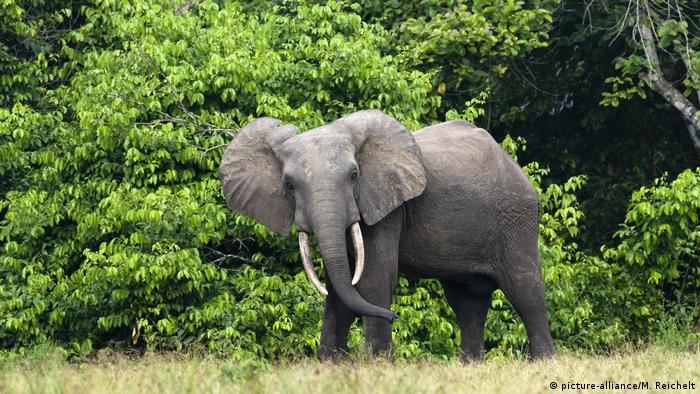
Africa’s forests are, because of their unique biodiversity and their animal wealth known
Africa needs its forests as protection from Erosion, climate change, and because of their unique species, and plant diversity. However, the population growth and the demand for new acreage to ensure that more and more forest disappears. In Zambia, the rate of Deforestation of the forest is so high that it is one of the largest greenhouse gas producers in the world. Because the stored in the trees carbon dioxide is released by deforestation and exploitation-free and enters the atmosphere.
Where formerly the forest was, now grows Corn
Each year are cut down in Zambia, around 300,000 hectares of forest to make charcoal and to open up new agricultural land. Parts of the wood are also exported. In 2017, the world Bank provided the country with support from the climate investment Fund in the amount of 200 million US dollars. The government already works together with numerous climate protection initiatives around the country to replant. Including the Belgian nature conservation organization WeForest, which is in the Central Zambian province of Copperbelt is active.
There, in the Region of Luanshya, had ensured once great Copper mines, the income of the population. However, since the exploitation of the raw material increasingly uneconomical, and the mines ceased operation, try the former miners as corn farmers. “This is one of the strongest reasons for the deforestation of the forest,” says Matthias De Beenhouwer, Director of WeForest in Zambia. Added to this is the production of coal, used for Firing of burners: “This is still the largest fuel source in sub-Saharan Africa.”
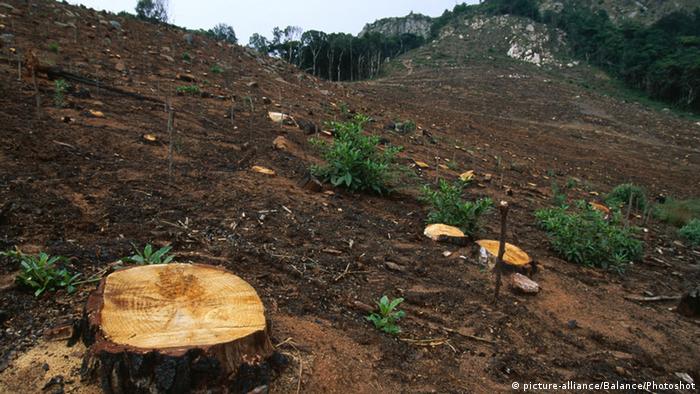
Deforestation in Zambia is high, with around 300,000 hectares disappearing per year
Native tree species are plants
In Zambia, WeForest has been trying for 2014, the connection of the inhabitants with their forests, to revive: “We can’t tell you that you should pay attention to their forests, if you can’t obtain an income from it,” says De Beenhouwer in the DW – Interview. WeForest is currently training breeding 1500 people in the bee, mushroom harvesting and cultivation of wild fruits to earn a living. “We work closely with business people on-the-spot, to create incentives for the sales of the products,” says the Ecologist. Also native tree species would be reinforced to be planted, their stocks before, for use in mines or the Export to China have been decimated.
WeForest has set itself a goal: by 2022, the communities should be able to work independently and to cover costs. Then the funding could be stopped from the outside. “In the past, there was the approach to make the woods, only accessible for visitors, but that was doomed to Failure. The municipality plays a Central role in forest protection,” says De Beenhouwer. And they have now developed a strong awareness of the consequences of climate change.
If the population is the ground
Also in Ethiopia, WeForest is committed, in cooperation with the local population in forest protection. One of the project areas in the Desa’a forest in the North of the country, and one of woods, the last of the evergreen mountain of Ethiopia. Earlier, he was constantly in the fog, was for rain in the drought-stricken country. Now he suffers from dryness, only ten percent are relatively intact.
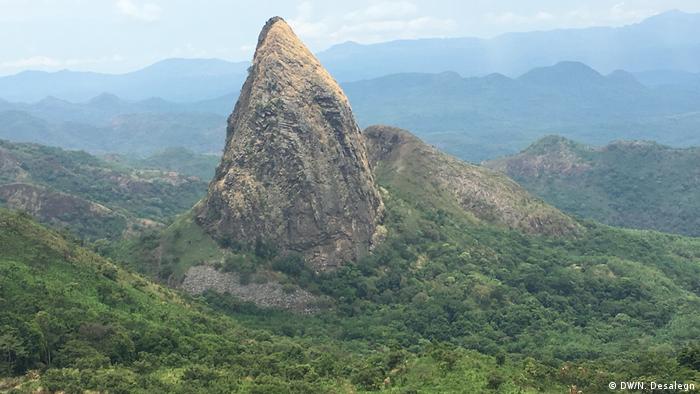
In Ethiopia, the government wants to grow to four billion trees new
On the involvement of citizens, the Ethiopian government continues with your call to plant until October, four billion trees. 29. July private individuals and the government planted the representatives of around 1,000 places, according to official figures, 350 million trees on a single day. Many government officials get for action free. The information should be correct, then the country has provided, under the Prime Minister, Abiy Ahmed so an unofficial world record – and at the same time, against the desertification and the damage of the deforestation set: afforestation as a common thing.
Mono cultures for the benefit of the private sector
However, not every reforestation is sustainable. Rita Uwaka, a Nigerian expert from the environmental organization “Friends of the Earth,” emphasizes that the virgin forests of the continent have suffered tremendously in recent years. “A widespread African saying says: The forest is our life”, so Uwaka. “But in recent times, the industrial plan are considered to be days with a single tree species as a kind of forest.” These are by no means sustainable: monocultures harm often the quality of the soil and were mainly used to generate private profits.
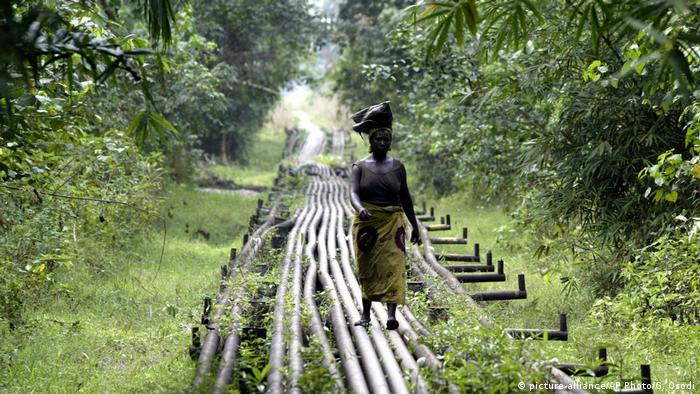
Oil Pipeline in the rainforest in Nigeria: communities manage forests, often independently
In Nigeria, the Ekuri forest is one of forests in the Federal state Cross River to the last intact rain. “The municipality managed 333.000 hectares of independently with success. The local community leaders have established guidelines for the use of. If you didn’t, will be punished”, explains Uwaka. It has been established, which areas are untouchable, where not hunted, picked, or gathered must be. Other areas are for the harvesting of fruits or traditional medicine is more accessible for plants. “Mining companies have exerted pressure on the municipality to leave the country. Yet, they remained steadfast.” To law, Uwaka: “forests have diverse Ecosystems and support the needs of the people. This is the best solution for the devastating climate crisis we are experiencing.”